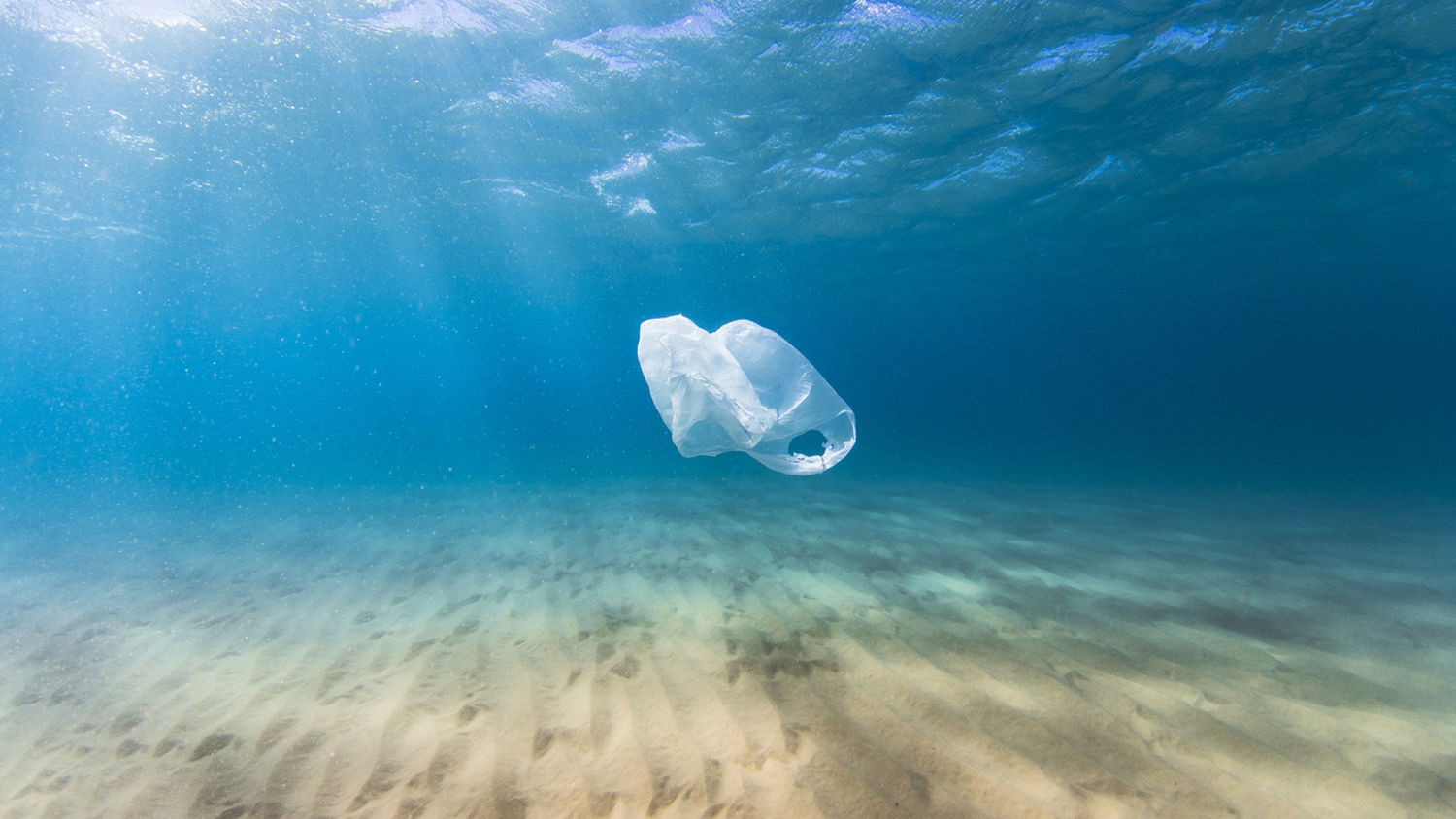
The drift of change: Tackling ocean plastic one block at a time
This pollution infiltrates every corner of the marine ecosystem, entangling sea turtles, choking fish, and smothering coral reefs. The damage extends beyond the visible; microplastics—tiny fragments that form when larger pieces degrade—are ingested by marine life, making their way up the food chain to humans. From seafood to salt, traces of plastic have been found in what we consume, posing potential health risks that scientists are only beginning to understand.
Fighting ocean pollution from the ground up
Despite this dire urgency, the world continues to grapple with finding unified solutions to climate challenges. While global leaders navigate the complexities of climate policy at COP29 in Baku, local initiatives demonstrate that impactful action can also begin from the ground up.
One such initiative takes place in Lemvig, a quiet coastal town in Denmark. On a cloudy November day, the harbour is alive with the sound of excited voices as hundreds of schoolchildren prepare to participate in an unusual event. With hands outstretched, each child holds a small wooden block, and in unison, they throw them into the cold waters of the North Sea, where they begin their silent, steady drift toward faraway seas.
A small gesture with a big effect
It was a symbolic gesture, yet it raises a powerful question: How could children tossing wooden squares into the water in Denmark be connected to solving the enormous problem of plastic pollution in the world’s oceans?
This scene was part of the Global Youth Climate Summit, held at the Klimatorium building in Lemvig, a centre that has become a hub of innovation and hope in the fight against climate change. The Klimatorium has hosted countless discussions and projects aimed at finding tangible solutions to environmental issues, but today felt different. Today, action spoke louder than words. The event was part of the TREASURE project, an initiative supported by the Interreg North Sea Programme.
Stopping plastic at the source before it reaches the sea
Each wooden block released at Lemvig represents a step toward understanding how waste, swept from riverbanks by storms and heavy rainfall, travels to the sea. Equipped with QR codes, these blocks will trace the path of plastics, providing researchers with crucial data to intercept pollution where it begins, demonstrating how localised, community-driven efforts can create significant, measurable impact. With the help of more volunteers, up to 10,000 pieces of wood will be thrown into the seas between 7th November and the summer of 2025.
TREASURE’s mission: Reducing pollution in the North Sea
TREASURE’s mission is straightforward yet ambitious: to reduce plastic pollution in the North Sea by tackling it at its source before it even reaches the ocean. This initiative brings together Denmark, Germany, Belgium, France, and the Netherlands to share research, strategies, and solutions, showcasing transnational cooperation.
Small actions, big impact: The power of youth
'What we do today, even if it seems small, will be remembered by these young people in 10 years,' says Isa Schipperheijn, project manager of the TREASURE initiative. Isa’s passion for tackling ocean pollution began at just 15, and today, she brings that same energy to the Global Youth Climate Summit in Lemvig. Isa highlights that, though throwing 500 wooden blocks into the sea may seem simple, it is the surrounding efforts that spark larger movements.
The importance of collaboration for large-scale change
Isa knows that large-scale change isn’t possible without collaboration. She stresses that Interreg’s support is vital for bringing together experts from different countries to make the TREASURE project more efficient. 'Collaboration is key,' she says, explaining how shared knowledge amplifies the project’s impact.
Inspiring hope: Turning small actions into global solutions
Isa emphasises that climate issues may seem overwhelming, but small actions like a beach cleanup or a workshop can make a difference. By showing young people how they can contribute, these events inspire hope. With ongoing support from Interreg, projects like TREASURE are proof that meaningful change starts with even the smallest steps.
